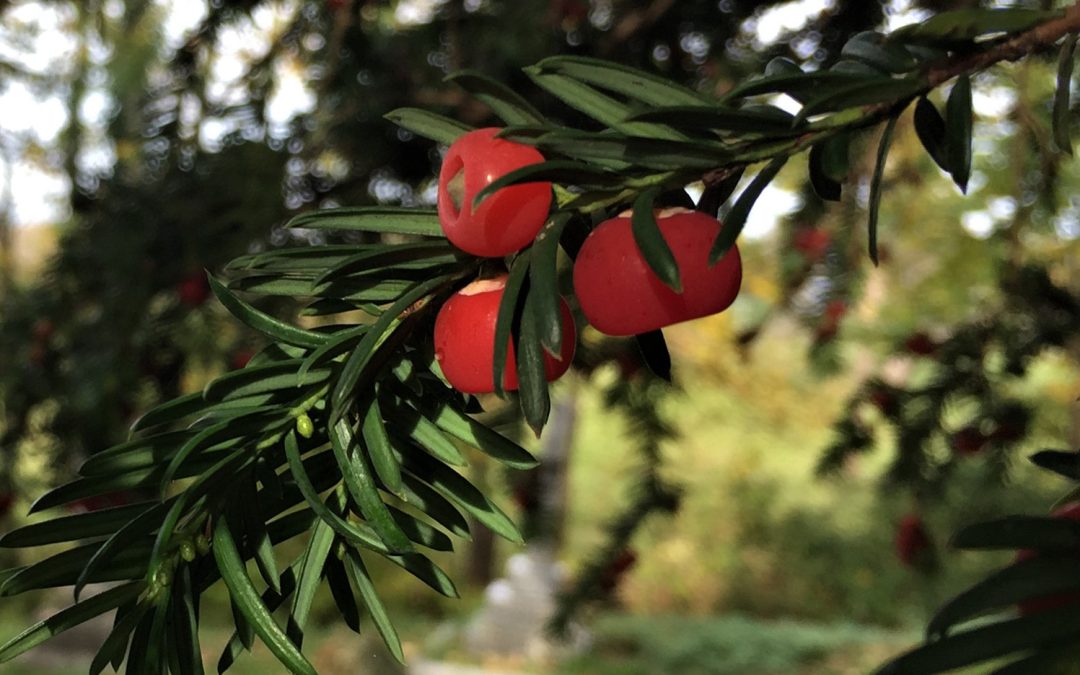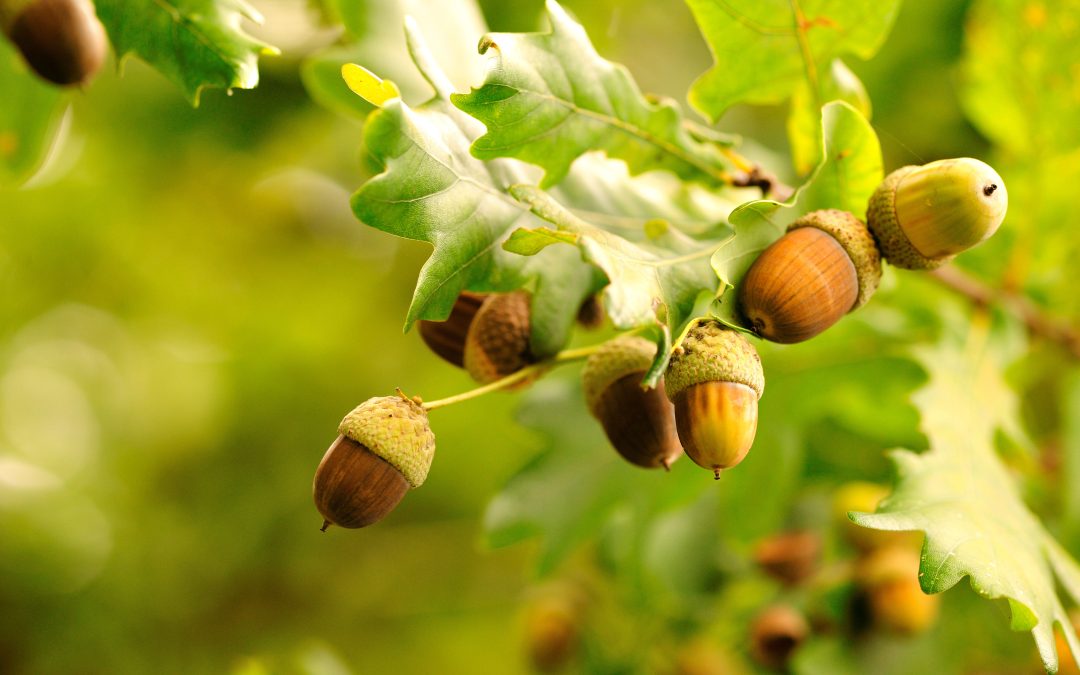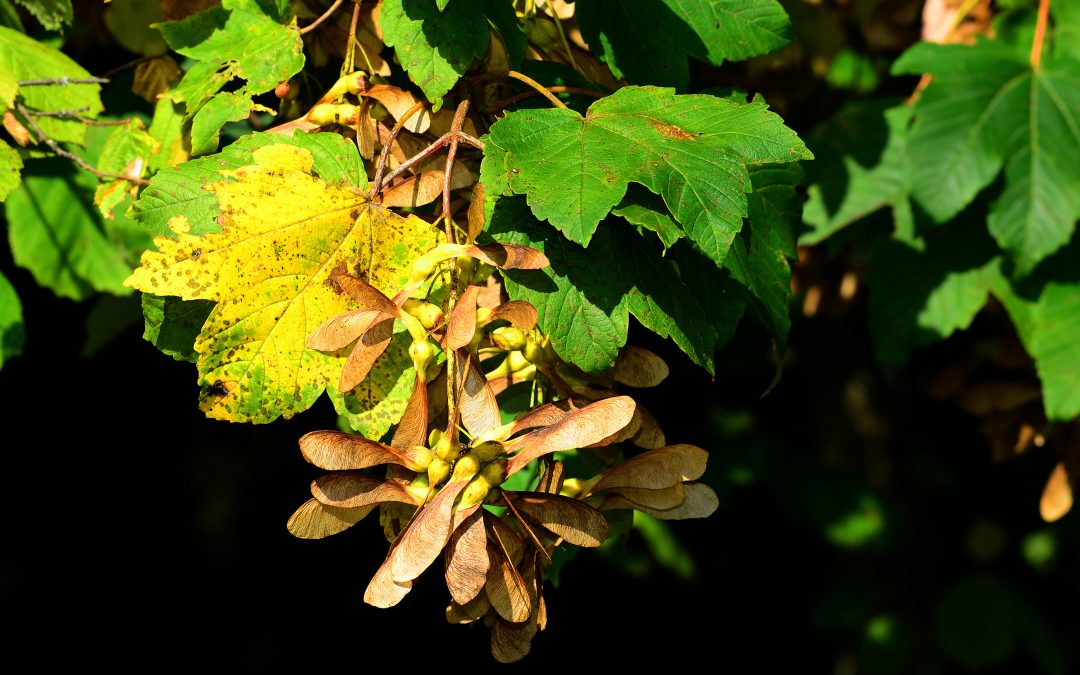Mar 11, 2022 | Practice news
Shelley was asked to read to some local school children this week. This was to show the importance of reading and what jobs it can take you into. Shelley decided that she would try and stick with the Vet theme (quite hard to do) and decided to read the “wonky...

Mar 10, 2022 | Practice news
Buttercups: These are a common sight across the rolling hills of staffordshire. Buttercups thrive on poor horse poor ground and whilst they are usually not tempting to horses we do find that if grazing is restricted that horses will eat them. Toxins are...

Mar 9, 2022 | Practice news
Acorns and therefore Oak trees are poisonous to horses. This is most commonly seen in the autumn months when grazing is at a premium. Toxins present: Gallic Acid Tannic Acid Can cause damage to kidneys, intestines and liver if the acorns, the branches and leaves are...

Mar 8, 2022 | Practice news
This is known as a seasonal toxin. It is thought that the helicopter seeds in autumn, and the saplings in spring, contain Hypoglycin-A that causes atypical myopathy in horses. Not all seeds or saplings will have the same amount of the toxin in them therefore...
Mar 7, 2022 | Practice news
Ragwort when it is fresh and growing has a very bitter taste. This means that horse’s are unlikely to eat it unless limited grazing is available. It tends to grow tall and when it is knocked down and becomes dried, it is more palatable to equines. This is...



